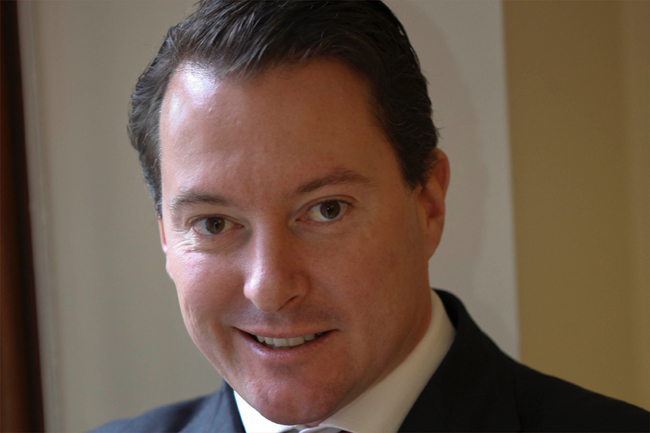CIFR study boosts after-tax management movement
(pictured: David Gallagher)
The Centre for International Finance and Regulation (CIFR) has thrown its support behind the after-tax management movement, with new research showing the detrimental impact tax can have on active manager alpha. The study also reveals some surprising results.
Broad-market equities funds tend to suffer the most from tax losses, according to the study, with value and GARP (growth at a reasonable price) managers faring a little better than momentum and growth managers. Small-cap managers also fare better than ASX 200 benchmark managers. Small-cap quant funds performed the best overall, after tax, largely because of strong capital gains performance.
David Gallagher, CIFR’s chief executive, said that funds still typically reported returns before-tax. However, domestic investors should be more concerned about after-tax returns.
“The contribution of active fund managers to after-tax performance is an issue that’s highly relevant to the bottom line of potential investors and yet, to date, there’s been very limited data available from which this can be accurately measured,” he said.”
“For example, total fund returns capture pre-tax returns generated by active fund managers but they do not break down income versus capital gains. This is important, given that income and capital gains are taxed at different rates.”
CIFR has overcome this challenge by using a database of monthly portfolio holdings to simulate the tax effects realised by about 200 actively managed Australian equity funds between July 2000 and December 2010.
(The use of actual monthly stock holdings to identify tax costs and their sources offers advantages over previous studies that have relied on either theoretical analysis or simulation of hypothetical funds.)
The study focuses on the extent to which tax effects erode the active returns achieved by investors relative to benchmark indices, which are also modelled under the same tax assumptions.
“Overall, our study showed that tax effects can essentially wipe out any pre-tax alpha fund managers achieve,” Gallagher said. “This means that evidence of superior pre-tax investment ability is not a sufficient justification for active funds management. Not only does the manager need to create enough additional value to cover their own fees, but they must also demonstrate their ability to cover the additional tax liabilities that their turnover generates.”
The findings also suggest that fund managers need to rebalance portfolios in a tax-aware manner if they are to preserve their espoused value-add for their tax-exposed clients.
Australia’s dividend imputation system has a significant influence on after-tax returns, especially in small-cap funds. For instance, the skew of small-cap funds towards stocks with higher payouts of imputation tax credits than the index has the effect of boosting their after-tax alphas above their pre-tax alphas in non-bull market periods.
After-tax specialist manager Raewyn Williams, of Parametric Australia, welcomed the research. She said: “It is great to see a well-respected organisation like CIFR independently confirming the importance of funds focusing on after-tax, rather than pre-tax, investment returns. This is something Parametric has been advocating since it began managing after-tax portfolios in the US in 1992 and Australia in 2012.
CIFR’s conclusions are consistent with the body of Parametric research published on this subject.”
Williams, the director of research and after-tax solutions, said Parametric had also worked with real monthly trade data provided by various super funds to substantiate the difference between pre and post-tax approaches. The manager also confirmed differences between the effectiveness of different solutions in addressing tax leakage in funds.
“For example, Parametric published research last year suggesting after-tax returns could vary for the same portfolio by as much as 50-90bps per year depending on if and how funds approached the problem of addressing CGT leakage in large active super fund portfolios,” Williams said.
“CIFR’s research highlights an important problem with CGT leakage but we caution that the solution may not be in funds going back to individual managers. The nature of CGT means that it needs to be managed centrally with a whole of portfolio tax management solution.”
Parametric research also supports CIFR’s insights as to the importance of including franking credits in Aussie equities management and measurement. Previous research suggested that taxable super portfolios could receive an additional franking credit uplift per year of 60-70bps, higher for pension portfolios. But Williams said: “We caution that this is not a ‘free lunch’ and the fund would need the appetite to take on tracking error to the index from security specific and sector bets to harvest franking credit value.”
The manager also applauded CIR’s study on the need to evaluate the different tax implications of different factor-based approaches. Not all ‘smart beta’ is smart after tax and the benefits a fund thinks it is gaining from moving to a smart-beta approach may well be undone if the tax implications are not managed, Williams said.










